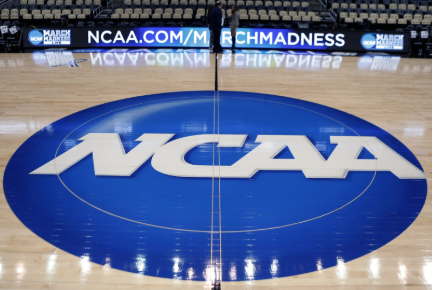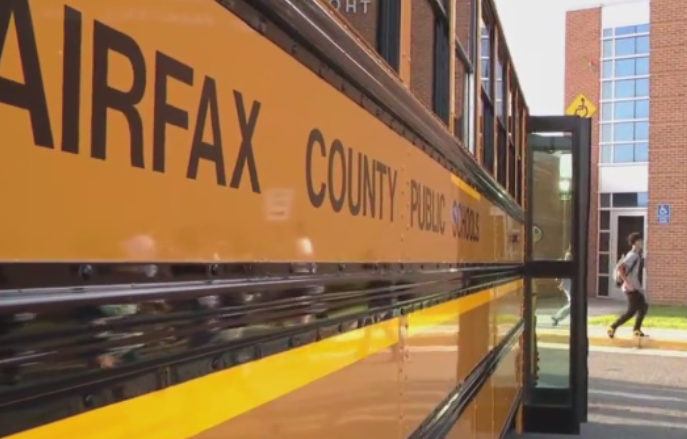
No matter where someone stands on the topic of abortion rights, they would have to agree that Americans’ access to the procedure has changed dramatically since a Supreme Court decision last summer abolished the national right to abortion. The case that started it all, Dobbs V. Jackson Women’s Health Organization, was ruled on by the high court in June of 2022, overturning the federally recognized right to abortion. The right was established in 1973 by Roe V. Wade, a Supreme Court case that gave Americans access to abortion for almost 50 years. The 2023 Dobbs decision turned abortion policies over to the states, allowing each to pass its own laws regarding access to the procedure. So, what have the states done to preserve or limit abortion since then?
Abortion is a medical procedure where a pregnancy is intentionally terminated. The procedure has long been controversial, with those opposing public access to the procedure often being referred to as “pro-life”, and those who are in favor of access to the procedure often being called “pro-choice.” There are many reasons why someone would be pro-choice or pro-life, and these reasons can vary widely across the spectrum of opinions held in the world.
21 states have passed laws that restrict access to abortion since the Supreme Court’s 2022 decision. Among those, 14 states have banned abortion from conception with little to no exceptions, including Texas, West Virginia, and Montana. The other seven states imposed bans that take effect after a certain point in the pregnancy. Florida, Utah and Arizona have the loosest bans in this category, with Utah having a 18 week ban, and the other two states having 15 week bans. Nebraska and North Carolina have 12 week bans, and Georgia and South Carolina have six week bans.
Another 22 states in the nation, as well as the District of Columbia, have laws, court cases, or other legal actions on the books that protect abortion access. 11 of these states, including California, Illinois, and Maryland have expanded on the protections offered by Roe, while the other 11 have upheld the protections that they held before Dobbs.
While the majority of states have taken some kind of action to address abortion rights, Virginia, New Mexico, and New Hampshire have not had any laws passed that changed access to the procedure since Roe was overturned. It remains likely that some form of action will be taken in these places in the future, but for now access has remained the same as before the Dobbs ruling.
It should be noted that the status of abortion access in many of these states could be subject to change in the future. Whether this be because of lawsuits, temporary or permanent injunctions, or the possibility of legislators passing new laws, there are many ways that the laws in effect now could change, making it important for the public to stay informed on this controversial and important issue.



















